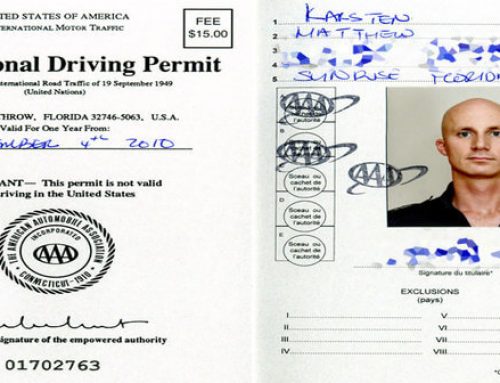Even after more than five years helping Georgia drivers with their speeding tickets, I still get new cases with new factors in them to consider. Today’s new factor was a Lilburn speeding ticket issued using “moving radar.” Frankly, I had never seen a moving radar speeding ticket and investigated on behalf of my client. Immediately, I was skeptical that moving radar could be as accurate as stationary radar. Also, I was unaware that Georgia speeding tickets could be issued by an officer using moving radar as I was unsure of whether issuing speeding tickets using moving radar was an approved method by the courts.
A search of the speeding ticket laws in the actual code of the State of Georgia actually revealed absolutely nothing. There is no mention of moving radar at all. This Atlanta speeding ticket lawyer can only conclude that moving radar comes under the laws of stationary radar, which can be found in O.C.G.A. 35-8-2 and other assorted statutes. A search of caselaw yielded similar results. There were only two cases that mentioned moving radar, one of which was a civil case involving a collision where a state trooper hit a citizen while using moving radar, and a juvenile speeding ticket case where moving radar was used but the court did not comment on the accuracy or reliability of radar in speeding ticket cases.
This Atlanta speeding citation attorney can only concluded that while moving radar may be admissible in your Atlanta speeding violation case according to the courts, a good Atlanta speeding ticket lawyer might be able to fight your speeding ticket if moving radar was used based on the at least perceived less reliability of moving radar versus stationary radar. Knowing what I now know, I will certainly be prepared to go to Lilburn Municipal Court with solid arguments on why our client’s Lilburn speeding ticket should be reduced or dismissed.




